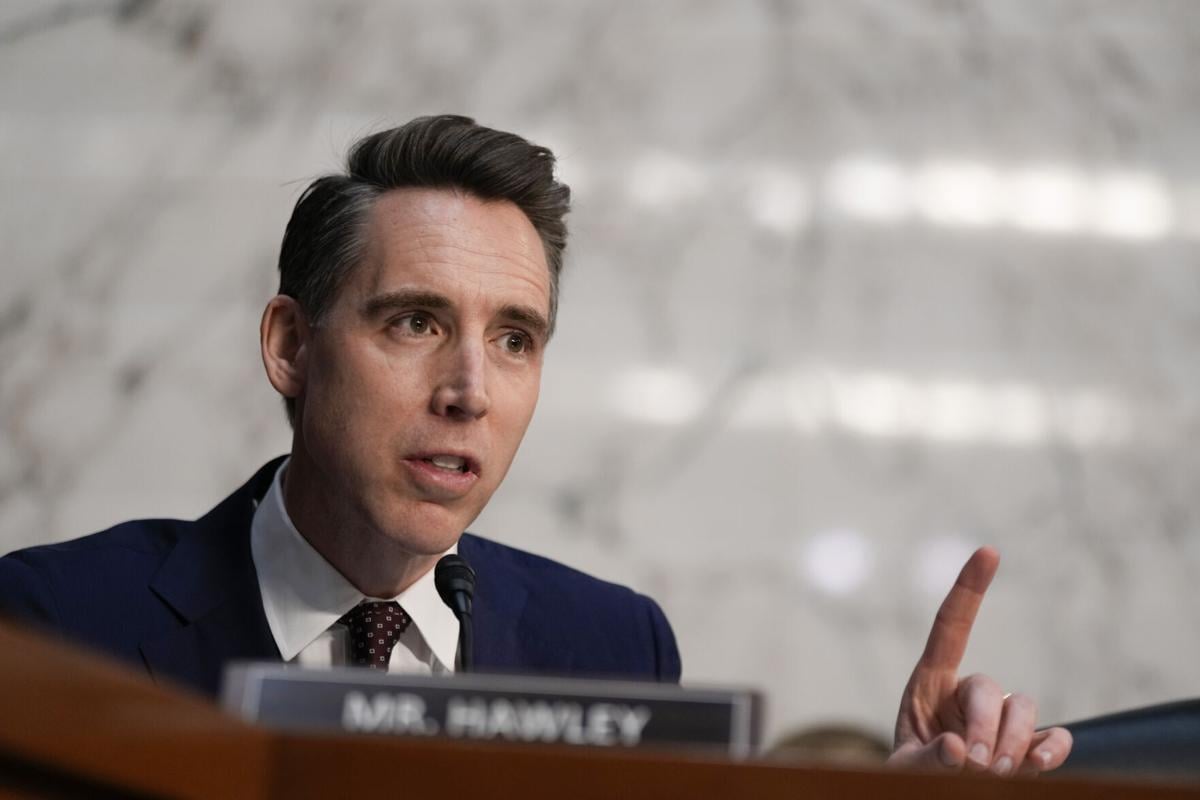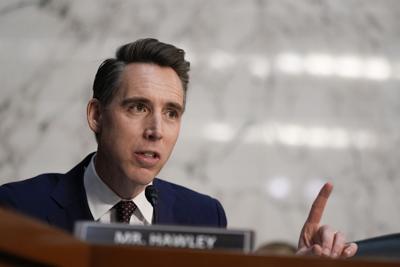An open letter to Sen. Josh Hawley:
As a progressive elected official representing a majority-Democratic city, I don‚Äôt find myself on the same side as you on most issues. But I want to thank you for coming through for ◊Ó–¬–”∞…‘≠¥¥ residents whose lives were upended by the recent tornado. I sincerely appreciate your leadership, which moved the Trump Administration to mobilize FEMA. The local, state and federal response to this disaster demonstrates that, despite our political differences, we care deeply about making sure that no one in our state is left behind.
That’s why I’m urging you to vote against Senate Republicans’ plan to cut taxes for the wealthy at the expense of the working-class.
H.R. 1, formally entitled the "One Big Beautiful Bill Act," will cause immense pain for hard-working Americans ‚Äî particularly ◊Ó–¬–”∞…‘≠¥¥ residents who are actively recovering from a natural disaster ‚Äî all in order to fund huge tax breaks for billionaires and large corporations.
People are also reading…
Roughly 40 child care facilities and multiple senior living communities were damaged during the storm, leaving families, young children and seniors without adequate shelter and food assistance. H.R. 1 will make it even harder for hungry families to access federal help like the Supplemental Nutrition Assistance Program (SNAP). Stricter thresholds will put more than 150,000 Missourians facing food insecurity — families with young children in particular — at risk of losing assistance.
And for the first time, Missouri will be required to cover between 5% and 25% of SNAP food benefit costs, adding between $75 million and $376 million in new costs for the state. If state lawmakers don’t find ways to fully fund the program, they’ll be forced to cut benefits, further reduce eligibility, or withdraw from SNAP entirely, leaving thousands hungry.
In response to the tornado, grassroots organizations have served tens of thousands of meals and set up food distribution sites throughout the city. But that work isn’t sustainable without funding and food assistance programs like SNAP, which play a vital role in addressing food insecurity and closing the gap for families in need.
Early estimates also suggest that 70% of residents affected by the tornado are either uninsured or underinsured for property damage. This aligns with what we know: Income is a strong predictor of insurance coverage, and low-income households are significantly less likely to have homeowners insurance, renters insurance of health insurance.
Senate Republicans‚Äô plans to gut Medicaid could, by some estimates, take health care coverage away as many as 200,000 Missourians over the next decade, including more than 12,000 ◊Ó–¬–”∞…‘≠¥¥ residents living in the tornado‚Äôs path, further compounding the vulnerability of communities already at risk and deepening the hardship for those still recovering from this disaster.
The bill also fails to renew the enhanced premium tax credits that help low- and middle-income families and small business owners afford health coverage and will lead health insurance premiums to skyrocket for tens of thousands of people in our state.
Moreover, the proposed $500 billion cuts to clean energy tax credits will increase the cost of producing wind and solar energy and cancel two-thirds of renewable projects nationwide, raising energy costs on Missouri households by roughly 13% per month, costing the state of Missouri 4,600 jobs and undermining energy security and resilience in the face of climate change.
The tornado alone produced an estimated $1.6 billion in damages. We can’t pretend that extreme weather events don't have real financial and economic implications for residents, businesses, and decision-makers.
While some of your colleagues will point toward the Child Tax Credit as a success, a $2,500 credit falls short for working-class Missouri families who spend on average $10,000 per year on childcare. And frankly, a tax credit doesn’t help people pay their rent or feed their families.
Senator, I know you care deeply about keeping rural hospitals open, but it’s not just rural Missourians whose access to healthcare is on the line — it's hundreds of thousands of people across the state and millions across our country who stand to lose the most. And at this moment, in my city, residents who are rebounding from a natural disaster can’t afford to face a man-made one.
I urge you to stand by working-class Missourians by voting no on H.R. 1.













